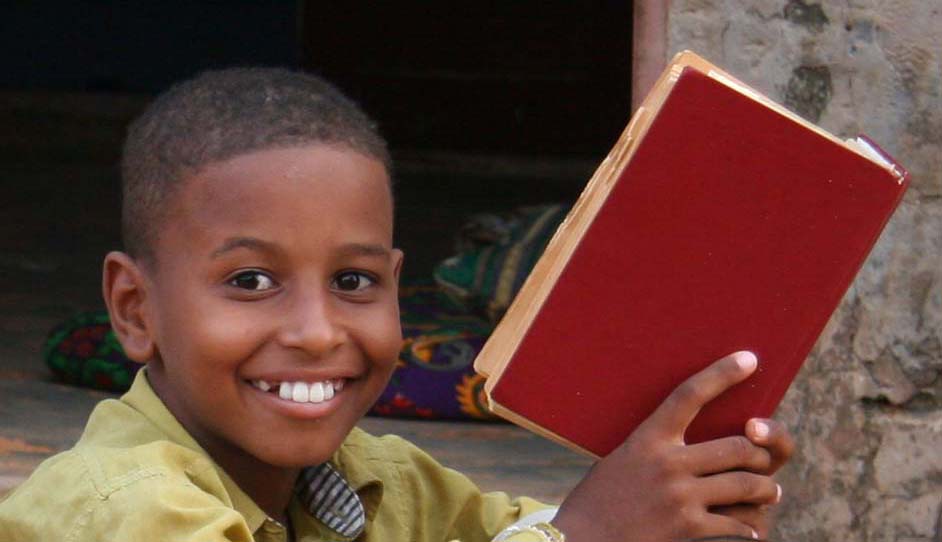Weren’t we just talking about this? Mauritania is the latest country to make great strides enrolling more students in school, as prescribed the United Nations’ Millennium Development Goals, but has found that the country’s quality of education has suffered.
From IRIN:"We have children in the sixth class who cannot read or write,” said Abderrahmane Mohamed Sidina, director of national education in Gorgol region, southern Mauritania, which covers 317 schools.The story points out that schools lack books and teacher manuals, teachers don’t receive regular pay, and the government’s move to reduce the divide between French and Arabic education by creating bilingual schools as also met a roadblock: there are no qualified teachers to work in them.
“Our schools have no books, no materials, and few teachers. Schools are not [creating] an environment that is conducive to learning."
Sidina blames the push to raise school attendance for the very large class sizes, inadequate teacher numbers and dilapidated equipment.
Part of the problem is education has long been a low government priority, garnering 8.5 percent of the country’s budget in 2005. That shot up to 14 percent in 2007 and will be 20 percent over the next few years, UNICEF told IRIN. When schools received money, distribution was unequal and politically driven.
According to the World Bank, developing countries need to maintain a federal funding level of at least 20 percent for education to achieve universal primary education, which is MDG number two. Current sub-Saharan African countries average about 15 percent.


No comments:
Post a Comment